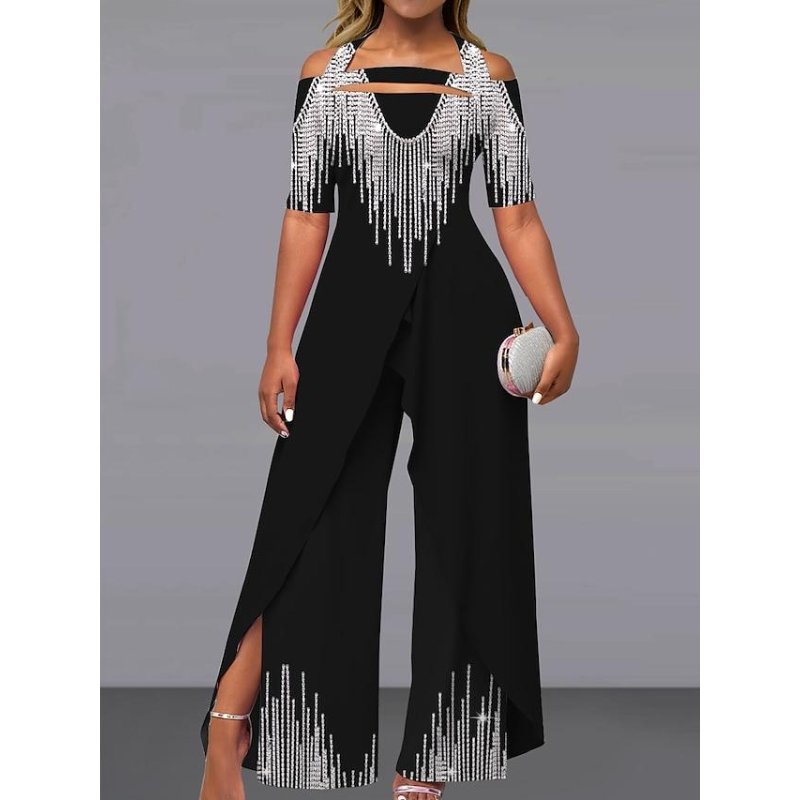Tag: fashion, clothing, trends, style, society
Fashion has always played a significant role in society. From the clothes we wear to the way we present ourselves, it is a form of self-expression that speaks volumes about our culture and values. The term “fashion” may conjure up images of glamorous runways and expensive designer brands, but its impact goes far beyond just what’s considered trendy.
Clothing has been an essential part of human civilization since ancient times. However, it wasn’t until the 20th century that fashion became more accessible to the masses with the rise of ready-to-wear collections. This democratization of fashion allowed people from all walks of life to express themselves through their clothes.
Today, fashion is not limited to just clothing; it encompasses everything from accessories to hairstyles. It reflects our personalities and beliefs while also being influenced by societal norms and cultural traditions. In this way, fashion becomes a powerful tool for individuals to communicate who they are without saying a word.
Moreover, fashion plays a vital role in shaping societal norms and expectations. It can influence how people perceive others based on their appearance or even dictate what is considered acceptable or unacceptable attire in certain settings.
One example is women’s clothing in professional environments; there was once an expectation for women to dress conservatively at work. But as gender roles evolved over time, so did office wear for women – becoming more diverse and inclusive.
Similarly, trends within men’s fashion have also changed significantly over time – from traditional suits being mandatory attire for business events to now accepting more casual options like chinos or blazers.
In recent years there has also been a push towards sustainable and ethical practices within the industry due to growing awareness about environmental concerns caused by fast-fashion production processes.
With social media platforms like Instagram playing a major role in popularizing specific styles or items of clothing among influencers and celebrities, fashion trends are now evolving faster than ever before. This has resulted in an increased demand for new clothing collections every season, leading to overconsumption and waste.
But despite its flaws, fashion continues to have a significant impact on society – both culturally and economically. It provides job opportunities for millions of people worldwide, from designers to garment workers. And as our world becomes more interconnected through technology, different cultures’ fashion influences can be shared and celebrated globally.
In conclusion, the way we dress goes far beyond just putting on clothes; it is a form of self-expression that reflects our individuality while also being influenced by societal norms. Fashion is constantly evolving and holds immense power in shaping cultural perceptions and expectations. As we move towards a more sustainable future within the industry, let us remember the true essence of fashion – celebrating diversity and creativity while embracing our unique identities.

